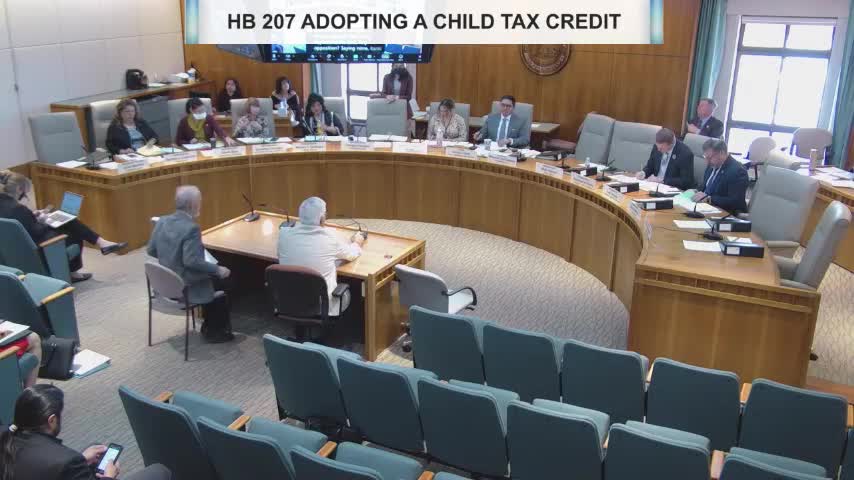Committee temporarily tables HB293 to repeal state tax on Social Security benefits after lengthy debate
Get AI-powered insights, summaries, and transcripts
Subscribe
Summary
Sponsors sought a full repeal of the state tax on Social Security benefits; proponents argued repeal would help seniors and attract retirees, while opponents raised distributional concerns and asked for more data. The committee temporarily tabled the bill for further study.
The House Revenue & Taxation Committee on March 1 temporarily tabled House Bill 293, legislation that would eliminate New Mexico’s state tax on Social Security benefits.
Representative Sena Cortez, a sponsor, framed the bill as tax relief for seniors and argued repealing the tax would increase household purchasing power, help families who rely on Social Security, and make New Mexico more attractive to retirees. Representative Brown, a longtime sponsor of repeal efforts, said a full repeal remains the preferred policy and noted that New Mexico is one of nine states that still tax Social Security and that other states are moving to repeal.
Policy witnesses discussed fiscal effects and tax‑policy mechanics. Rick May, policy director for House Republican Leadership, told the committee the bill could reduce state general fund revenues by roughly $33 million per year (the hearing referenced an FIR estimate and percentage share); he characterized the loss as about 0.24% of a roughly $13.6 billion general‑revenue base and argued that, in that context, the reduction is manageable. May also highlighted an existing statutory “cliff”: under current law, once adjusted income exceeds $150,000, the taxpayer’s Social Security becomes fully taxable, producing a sharp phase‑in effect.
Committee members questioned distributional effects and the bill’s impact on higher‑income households. Representative Silva said she opposed the bill as written because she believed it primarily benefits higher‑income households and could hurt younger households; other members proposed alternatives such as eliminating the cliff, incremental phase‑outs, or targeting relief to lower‑income seniors. Several members asked for more data and suggested the Legislative Finance Committee’s access to tax microdata (discussed elsewhere in the hearing) would improve future analysis.
Public‑interest testimony included Carla Sonntag, president and CEO of the New Mexico Business Coalition, who testified in support and argued repeal would improve the state’s competitiveness for retirees and could generate additional gross‑receipts tax revenue by increasing local consumer spending.
After extended discussion and technical Q&A about Social Security mechanics, the committee voted by voice to temporarily table the bill so members could study alternatives and request more detailed fiscal analysis. No roll‑call tally was recorded in the transcript.
